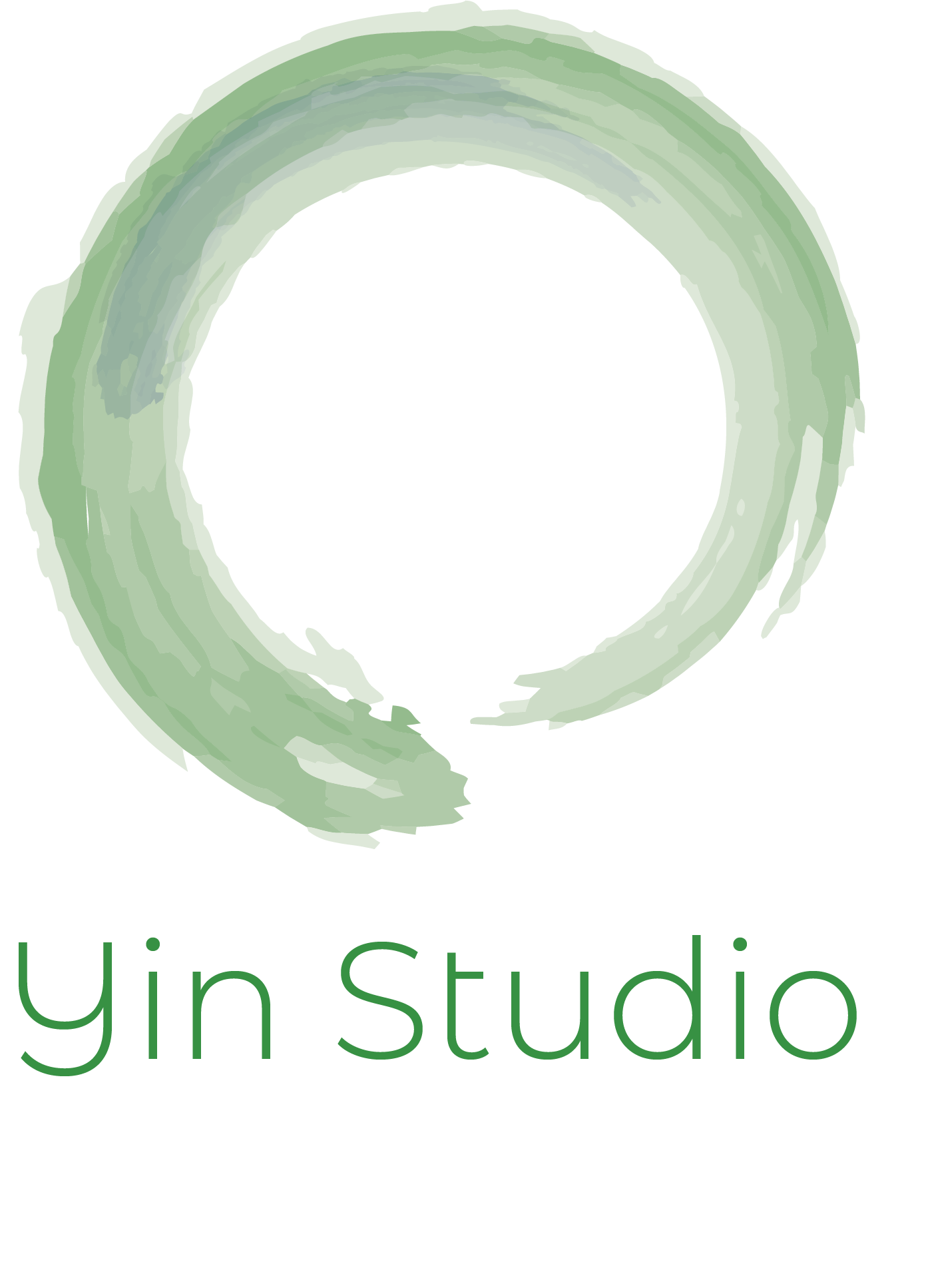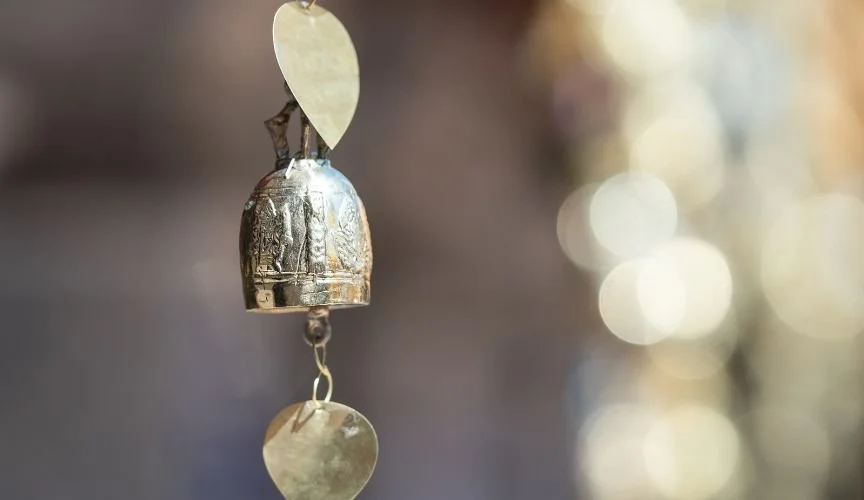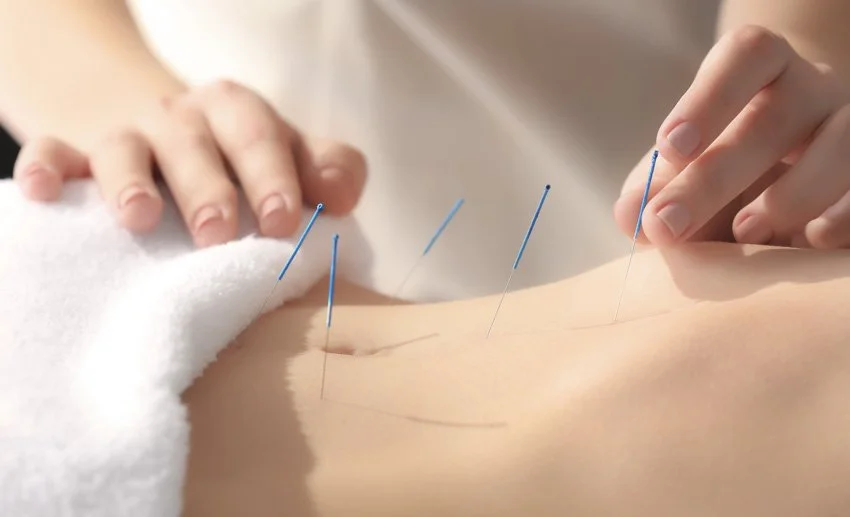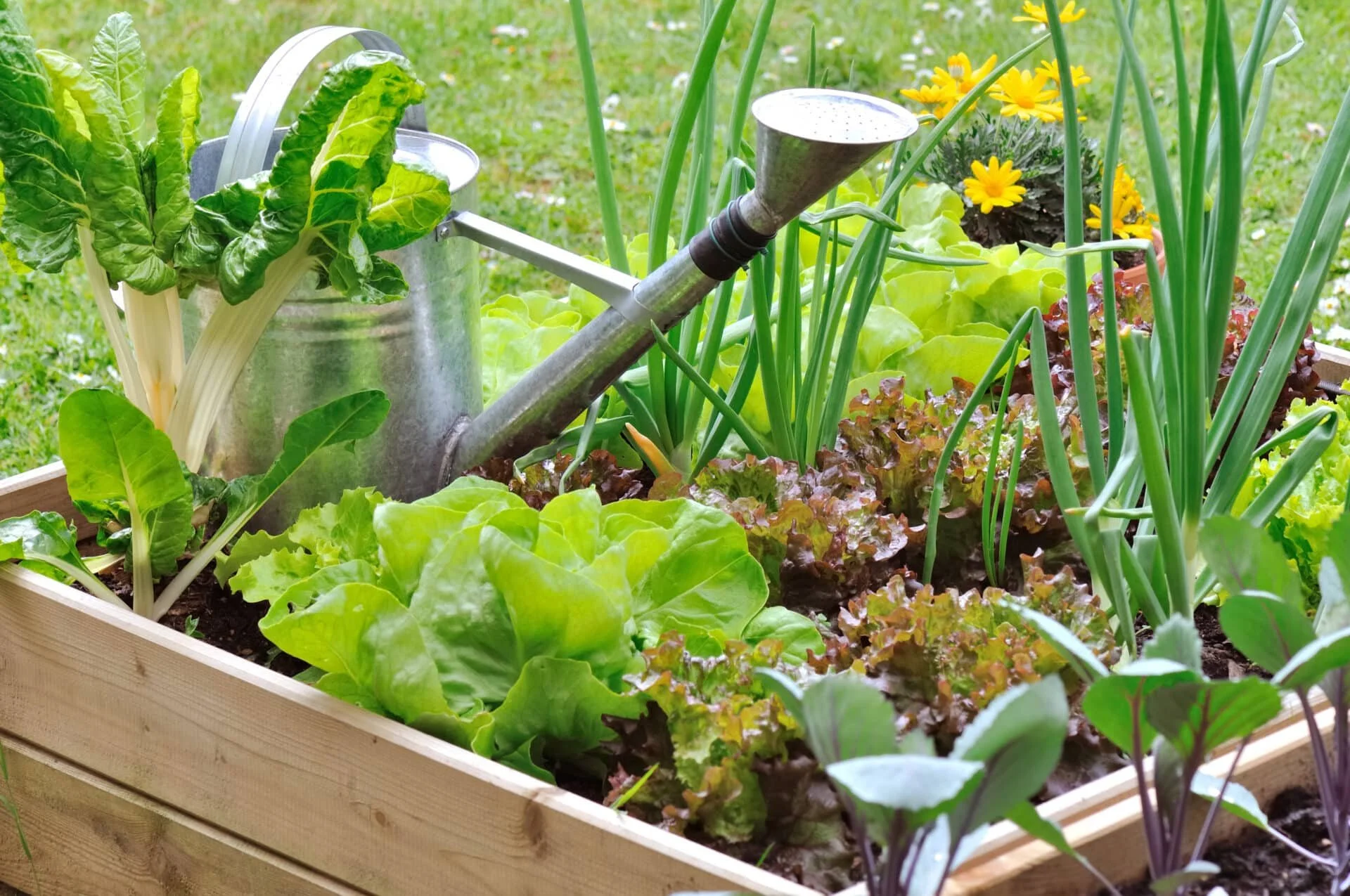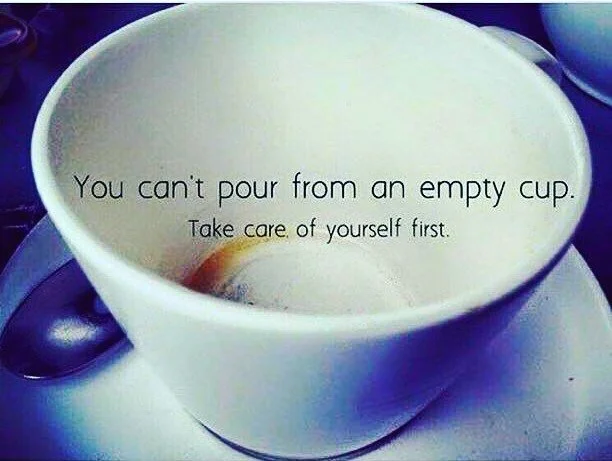The snake is a ancient form of life and has survived evolution over millions of years. It has done this by being adaptable, creative and resourceful (being able to shed its skin).
As we move into 2025, the snake offers us more opportunities to expand our intellect and ‘shed our skin.’ By taking the time to achieve your goals, patience comes with ease. This year is ripe with energy, so we must integrate our qi and be open to love. Celebrations for the snake year begin on January 29th, and the snake officially emerges on February 3rd. What else does this year have in store for us all??
Read More